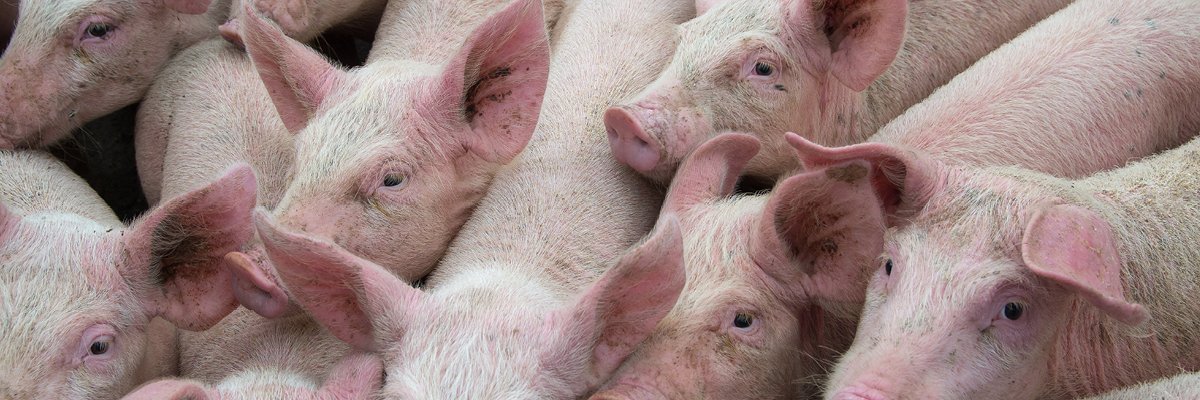Feed Additives Can Help Manage Spreading Risks of African Swine Fever
African swine fever (ASF) does not affect humans; however, this rapidly spreading animal disease is causing widespread threats to pork production and food security globally. Experts estimate that ASF has caused the death of at least 25% of the world's pigs population in China and ten other Asian countries over the last two years. There are currently no commercially available medicines or treatments to treat pigs with the virus, and control is primarily focused on biosecurity tactics. So reducing the risks of spreading the virus are of utmost importance.
 Important new research indicates new feed additives may significantly help reduce the spread of the virus. Dr. Megan Niederwerder at K-State's College of Veterinary Medicine heads a research team that has just published a study that provides the first evidence showing that feed additives and heat treatments may be practical tools the spread of the virus.
Important new research indicates new feed additives may significantly help reduce the spread of the virus. Dr. Megan Niederwerder at K-State's College of Veterinary Medicine heads a research team that has just published a study that provides the first evidence showing that feed additives and heat treatments may be practical tools the spread of the virus.
Niederwerder said, "Our new research reports novel data evaluating the efficacy of feed additives on inactivating ASF virus in an in vitro cell culture model and a feed ingredient transoceanic shipment model." She added that subsequent research focused on the mitigation of the ASF virus in feed using chemical feed additives and heat treatment.
Niederwerder said, "This will provide valuable information to the swine industry regarding mitigating the risk of potential routes for introduction and transmission of ASFV through feed and ingredients."
This study was funded by a grant from the Swine Health Information Center and the State of Kansas National Bio and Agro-defense Facility Fund.
Photo credit: Kansas State University


